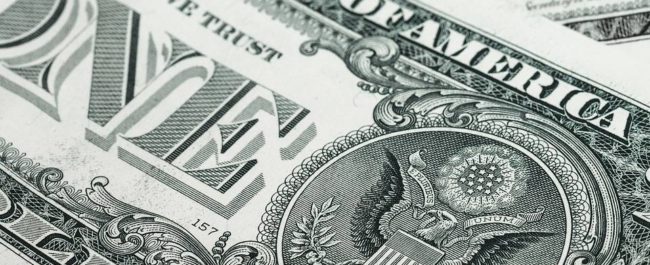How To Choose A New Bank After A Bankruptcy
Even after filing for bankruptcy, you’ll still have financial obligations and will want to start rebuilding your credit. In order to deal with everyday expenses, you will need a bank account. What factors should be taken into consideration when choosing a bank to open an account with after filing for bankruptcy?
Bank Accounts May be Protected
While it is true that you don’t have to close your current bank accounts if you file for bankruptcy, you may find that it can be beneficial to switch banking institutions.
That being said, if you do owe that bank money for something like a mortgage or other loan, then they may be allowed to involuntarily take funds from your existing accounts. This process is called a set-off, read the full details of a set-off here.
If you have dependents, some states allow exemptions that protect a certain amount of your earnings that are necessary to support your family’s day to day expenses like food, rent, utilities, etc. The amount that is allowed to remain untouched is typically worth two months’ pay.
Tips For Opening A New Bank Account After Bankruptcy
 With a bankruptcy on your record, many banks may not want your business after filing for bankruptcy, which can make it difficult to open a new account. In order to get around this issue, some lawyers advise their bankruptcy clients to open an account at a new bank prior to the bankruptcy so that it won’t be affected after it is over.
With a bankruptcy on your record, many banks may not want your business after filing for bankruptcy, which can make it difficult to open a new account. In order to get around this issue, some lawyers advise their bankruptcy clients to open an account at a new bank prior to the bankruptcy so that it won’t be affected after it is over.
In addition, any money in an existing bank account could be frozen and be considered as assets in settling your bankruptcy and you may not be able to use it at all, which means finding a new bank is imperative to avoid the hassle of trying to get your paycheck cashed or paying any bills not involved in the bankruptcy. Bills include everyday expenses like food, utilities, transportation costs, and rent.
Try Small Local Financial Institutions
Smaller banks and local credit unions are likely more open to allowing you to open a savings or checking account. If you can show that you have stable employment and regular income, financial institutes are more receptive. However, some may require collateral such as putting cash into a Certificate of Deposit.
It’s common for the financial institution to only allow a savings account to be opened at first. After some time and regular additions to the savings account, it is likely that the bank will be more receptive to the opening of additional accounts.
Bankruptcy doesn’t have to mean the end of a good relationship with a bank. Small steps can easily result in a change to your credit and financial records.


